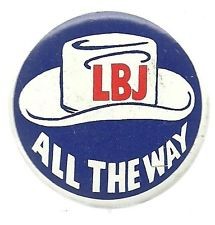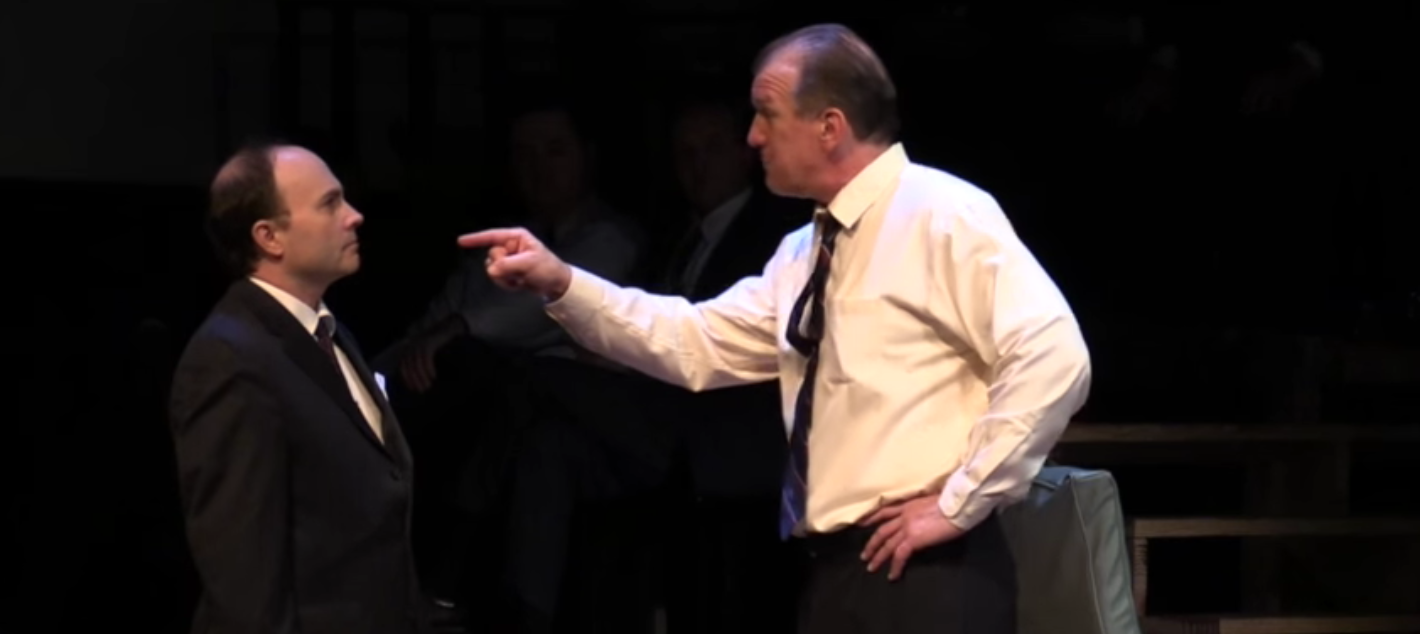There’s this memorable lyric from Bob Dylan on his classic album Blonde on Blonde. Maybe I remember it so well because it came from his song, “Stuck Inside of Mobile With the Memphis Blues Again,” which was recorded in Nashville in 1966. It goes:
“And I sit here so patiently/
Waiting to find out what price/
You have to pay to get out of/
Going through all these things twice.”

I have lived through LBJ, George Wallace, Richard Nixon, and the Vietnam era. I’ve seen the golden idol with the feet of clay — Ronald Reagan — say that “Government is the problem,” which was arguably the beginning of all our problems. I’ve seen the hapless Poppy Bush, the lascivious Bill Clinton, and the war-mongering Dick Cheney with his malleable puppet, George Bush “The Lesser.” But never in my life would I have expected to relive this “love it or leave it” bullshit. I thought we’d put that jingoistic, racist rubbish to bed along with “go back where you came from.” But then, I also believed in the evolution of man, a theory sorely tested by the current squatter in the White House.
The old “love it or leave it” slogan was the conservative redneck’s response to the anti-war protesters of the late 1960s. The “go back where you came from” probably dates from the post-Reconstruction era and into the Jim Crow South, when cracker assholes forgot that black people were brought here as slaves and had no place from which to go back.
I have heard these remarks — aimed at African Americans, hippies, feminists, and others — dripping from ignorant cretins all my life. Those who proclaimed it or repeated it were on the wrong side of history then and are on the wrong side of history now. And it will be remembered long after this bulbous, bilious aberration of a human being has been driven from his hideous presidency.
This latest horror began, as per usual, with Trump’s barely literate Twitter feed. After being provoked by a segment on Fox & Friends about the four freshman Democrats known as the Squad, the Ignoramus in Chief went off on an angry and racist Twitter tirade. I’ll reprint it here, but to avoid writing sic after every word, the punctuation and misuse of capitalization are all Trump’s: “So interesting to see ‘Progressive’ Democratic Congresswomen, who originally came from countries whose governments are a complete and total catastrophe … now loudly and viciously telling the people of the United States … how our government is to be run. Why don’t they go back and help fix the totally broken and crime infested places from which they came.”
The twits on the Fox & Friends couch laughed when they read the tweet and said that Trump is “very comedic” but he’s “making an important point.” Yeah, Trump’s a regular laugh-riot. He has since learned, or maybe not, that the congresswomen in question were all born in the United States except for Ilhan Omar of Minnesota, who came to this country from war-ravaged Somalia and became a naturalized citizen at age 17. The common denominator is that these are four women of color and two are Muslims, an accelerant to Trump’s racist ideology. I agree with President Caligula on one point: They need to fix the totally broken and crime-infested places, which perfectly describes Trump’s White House, his corrupt cabinet, and his extended family of shameless grifters.
The “love it or leave it” idiocy emerged during one of Trump’s Nazi rallies in Greenville, North Carolina. Broadening his message to include anyone who disagrees with him, Trump echoed Richard Nixon, and after he verbally assaulted Representative Omar by name, the crowd of “Good Germans” went wild, breaking into a chant of “Send her back!” After hearing from some of his party members, who informed him that this mantra wasn’t quite as acceptable as “Lock her up,” Trump disavowed the chant, then changed directions, calling his enraged, aggrieved audience of red-hat-wearing Caucasians “great patriots.”
Even some members of the misnamed “Freedom Caucus” thought he went too far. Now that Trump’s annoying repetition of “No Collusion! No Obstruction!” has been disproven by the halting, monosyllabic testimony of Special Counsel Robert Mueller, the bottomless well of prideful stupidity that occupies the Oval Office has ramped up his free-range racism to stoke the animosity and fear of his fellow travelers. Trump’s latest target for his vile abuse is another African-American congressman, Representative Elijah Cummings of Maryland.
After Cummings’ criticism of the inhumane treatment of immigrants at the border, Trump lashed out on another Twitter bender. Again, the bad grammar is Trump’s: “Rep. Elijah Cummings has been a brutal bully, shouting & screaming … about conditions at the Southern Border…The Border is clean, efficient and well run … Cumming [sic] District is a disgusting, rat and rodent infested mess … No human would ever want to live there.” Followed by: “The Democrats always play the Race Card, when … they have done so little for our Nation’s great African American people.”
Then Trump called Cummings, the son of a South Carolina sharecropper, “a racist.” A psychologist would refer to this sort of noxious ranting as “projection.”
The Baltimore Sun editorial board responded in an editorial titled “Better to have a few rats than to be one.” It referred to Trump’s tweets as “undiluted racism and hate.” If there were any question before, there’s no doubt now that a very sick man is running the government, along with his lapdog “Moscow” Mitch McConnell and his legion of ass-kissers. Robert Mueller claimed the Office of Legal Council’s (OLC) opinion forbade him from indicting a sitting president. But the OLC’s opinions are just suggestions. As stated in their 1973 decision, the OLC reserves the right to “reconsider and modify or disavow that determination.” These are very perilous times. If no man is supposed to be above the law in this land, it’s time to disavow that archaic decision and show the proper justice to Trump that he so richly deserves.
Randy Haspel writes the “Recycled Hippies” blog.



